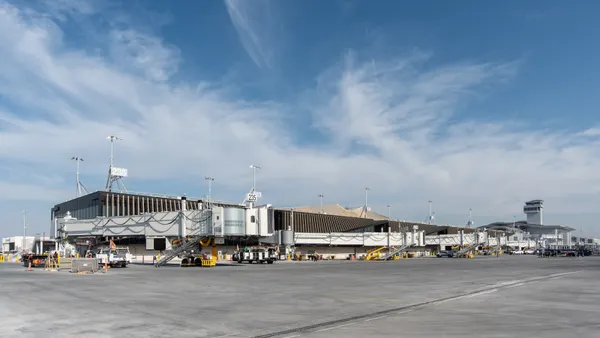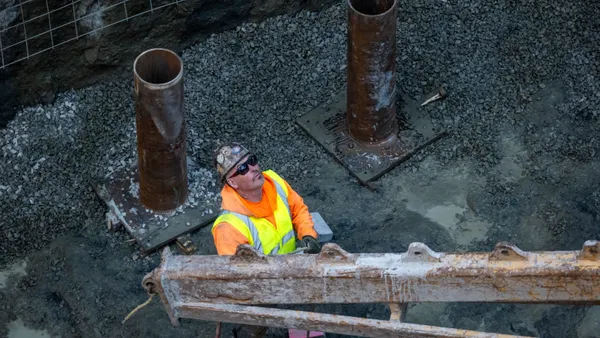Dive Brief:
- The Metropolitan Water District of Southern California (MWD) voted to help finance construction of the $17 billion San Joaquin River Delta dual-tunnel project, but delegations from Los Angeles and San Diego are warning that investing $11 billion is risky and unfair to their local customers, according to the Los Angeles Times.
- The original plan was to tap key agricultural districts for the money, but they chose not to participate, leaving the project of outgoing California Gov. Jerry Brown in jeopardy and a redesign on the table that would have seen a single tunnel built first and then a second when the state could afford to do so. The MWD vote means that the state can move forward with the two-tunnel scheme, which could see some costs recovered by revenue from selling the extra water if the demand is there. If not, the MWD and its ratepayers could be stuck with the bill.
- Both Los Angeles and San Diego have reduced their MWD usage, and those against the financing plan have said levying fees not in proportion with what customers use could be at odds with the state constitution and might open up the MWD to legal challenges.
Dive Insight:
Farmers, residents, the fishing industry, environmentalists and activist groups have already filed a total of 18 lawsuits against the project, which could hold up construction for years. When Brown approved the tunnel plan in July, the state estimated that it could begin work on the 10-year tunnel plan in 2018.
Those opposed projects built in the state sometimes call into mind the California Environmental Quality Act (CEQA), which can delay or even kill project based on a wide variety of environmental factors that could negatively impact residents or the state's natural resources. Most major proposed developments are subject to CEQA — including public projects like the Delta river tunnels — according to the California Natural Resources Agency.
And the California judiciary has demonstrated that just because the state backs a project doesn't mean the project is off the hook for its environmental responsibilities, likely to the frustration of many contractors who are forced to wait in the wings before beginning construction on one of these initiatives.
This is true for the $77 billion bullet train project that will connect southern and northern California as well. Last year, the California Supreme Court ruled that the project was not exempt from state environmental laws despite a 2014 advisory opinion from the federal Surface Transportation Board indicating otherwise. That and a ruling by the U.S. 9th Circuit Court of Appeals opens up the long-suffering rail project to more environmental lawsuits and delays.












